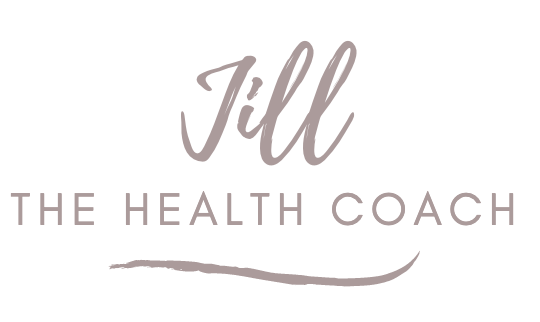Are You Iodine Deficient?
Are you overweight, or do you have difficulty losing weight?
Do you get cold easily or have a consistently low body
temperature?
Do you have problems with dry skin, or hair falling out?
Do you suffer from a lack of energy?
Do you often feel depressed or lethargic?
Have you ever been diagnosed with a thyroid disorder of
any kind?
Do you drink, swim, soak or bathe in chlorinated or
bromated water?
For women only: Have you had fibrocystic breast disease, endometriosis or breast cancer?
If you answer yes to more than three of these questions, it is highly likely that you are deficient in an essential nutritional element-iodine. In fact, if you answer yes to even two or three of these questions, increasing your iodine may be a key to improving your health.
The WHO (World Health Organization) even recognized thatiodine deficiency is the world’s greatest single cause of preventable mental retardation and identified as a significant public health problem in 129 countries. Up to 72% of theworld’s population is affected by an iodine deficiency disorder.
Why are people deficient in iodine in the first place?
There are two main reasons why we are not getting the iodine we need. First, iodine is a rare element and is most abundant in seawater. Therefore, seaweed, fish and other seafoods are the most abundant sources of iodine. However, if these foods arecontaminated with mercury, they are not good sources of iodine as mercury displaces iodine. Therefore if you don’t eat seafoods and even if you do, you still may not be getting adequate amounts of iodine.
The second reason is that many chemicals that we are exposed torob the body of iodine such as halogens (chlorine, fluoride, and bromide), mercury, aspirin, unfermented soy products and salycilates. The soil that our fruits and vegetables grow in are also gradually being depleted of iodine due to the use of pesticides(another great reason to eat more organic food!)
In the 1920’s era in the United States, the Great Lakes and Pacific Northwest region of the country experienced high incidences of goiter (a common thyroid-malfunction-based condition). Specifically, iodine is a critical element used by your thyroid in being able to synthesize certain gland secretions which, among other things, influences your heart, metabolism, nerve responses, etc. Therefore, in 1924, the US government requested Mortons Salt to add iodine to salt. This worked well in preventing goiters but still did not provide adequate amounts to promote optimal thyroid and immune functioning.
More recently, due to the influence of “low salt” diets, many people have lowered their intake by as much as 50%, thereby lowering their intake of iodine markedly.
How do we get the iodine we need?
Eat unrefined salt such as Celtic or Himalayan. In 1972, salt had gotten a bad rap based on questionable studies. These were debunked in an August, 2011 study issued by the American Journal of Hypertension, which found no strong evidence that cutting salt intake reduces the risk for heart attacks, strokes or death. Indeed, we need salt for life.
Other natural sources of iodine include wild or organic seafoodand seaweed. In addition, Kelp can be sprinkled on food for flavoring and Liquid Dulse (found in health food stores) is a pleasant tasting way to increase iodine intake in child
ren (or adults). Yes-your children NEED iodine, too.
In Dr. David Brownstein’s book, Iodine Why You Need It, Why You Can’t Live Without It, taking Lugol’s Iodine or Iodoral may be very helpful if found to be iodine deficient. They are a specialized blend of iodine and iodide, which has been very effective in increasing iodine levels and greatly reducing thyroid symptoms and many others. I highly recommend this book as eye-opening way to remedy many nagging symptoms.
It is amazing once again, how the deficiency of one element can wreak havoc on our bodies. Even more amazing is that there is a simple, inexpensive and natural solution.
All material in this newsletter is provided for information only and may not be construed as medical advice or instruction. No action or inaction should be taken based solely on the contents of this publication;instead readers should consult appropriate health professionals on any matter relating to their health and well-being. The information provided has not been approved the Food & Drug Administration and is not intended to diagnose, treat, cure, or prevent any illness or disease.

